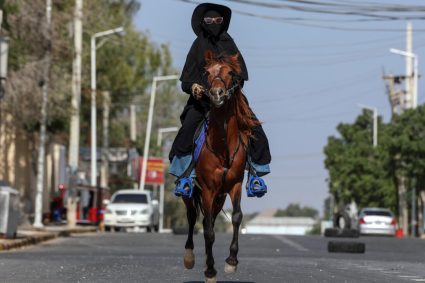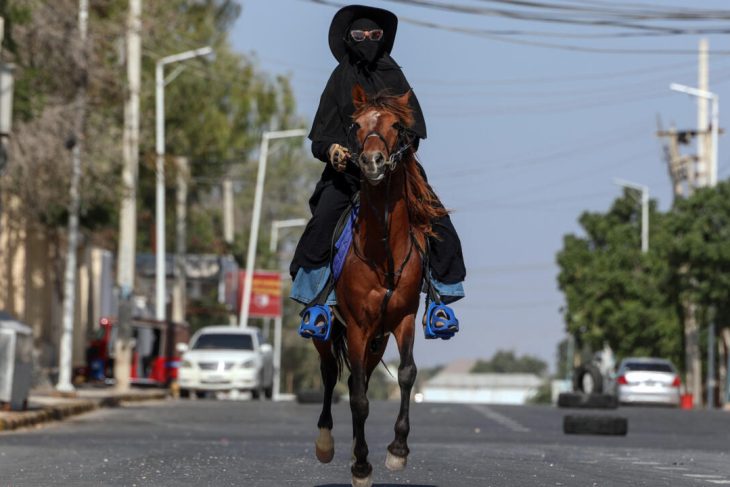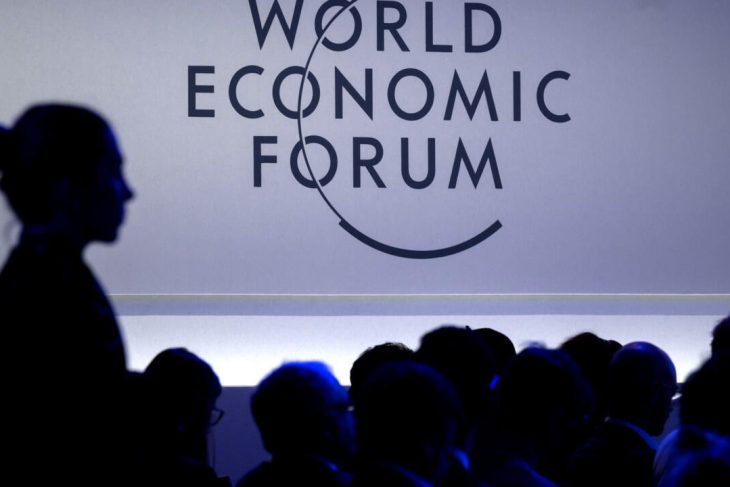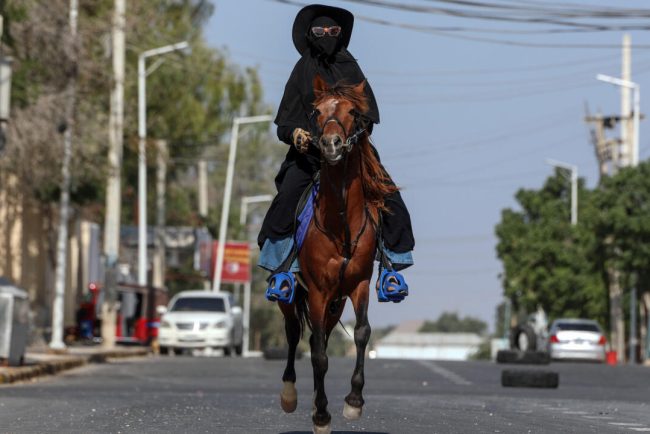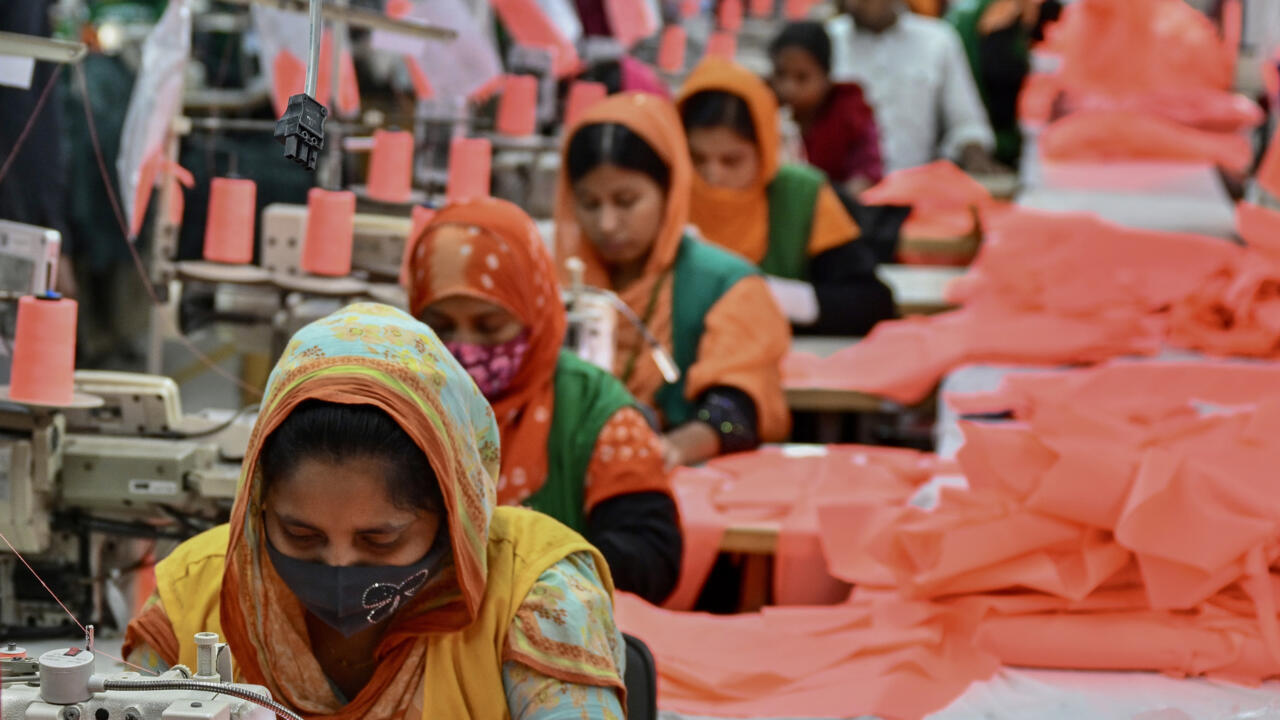
“We are doing well,” said garment producer factory owner S.M. Khaled, who heads the Snowtex company, employing 22,000 workers.
The South Asian nation produces garments for global brands — ranging from France’s Carrefour, Canada’s Tire, Japan’s Uniqlo, Ireland’s Primark, Sweden’s H&M and Spain’s Zara.
The apparel industry accounts for about 80 percent of Bangladesh’s exports, earning $36 billion last year, dropping little despite the unrest from the $38 billion exported the previous year.
“I am working with at least 15 international brands, and our products will be available in 50 countries,” Khaled said.
“Almost all garment factories are operating at full swing after waves of unrest. We are on the growth side.”
Despite challenges with a cooling of demand, Anwar Hossain, the government-appointed administrator of BGMEA, said the industry was returning to strength.
“The largest contributor to exports was the apparel sector,” Hossain said.
The garment industry recorded a 13 percent increase from July-December 2024 — the period after the revolution — compared to the same period the year before, he said.
– ‘Half my basic wage’
Workers tell a different story.
Khatun welcomed the wage rise but said factory managers then hiked already onerous demands for “nearly unachievable production targets”.
Scraping by in the capital Dhaka’s gritty industrial suburb of Ashulia, she earns $140 a month including overtime and benefits to support a family of four.
